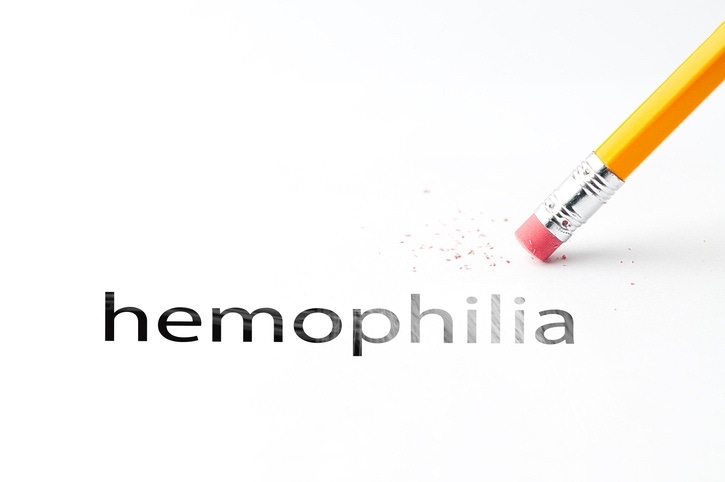Content Spotlight
Podcast: MilliporeSigma says education vital to creating unbreakable chain for sustainability
MilliporeSigma discusses the importance of people, education, and the benefits of embracing discomfort to bolster sustainability efforts.

The three-year collaboration will use bluebird bio’s mRNA-based megaTAL gene editing technology to develop a one-off therapy for patients with hemophilia.
Novo Nordisk has had a longstanding focus on the hemophilia space. The Danish drugmaker has marketed several replacement factors for hemophilia patients and has a monoclonal antibody in Phase II studies: Concizumab, a Tissue Factor Pathway Inhibitor (TFPI) intended for bleeding prevention after subcutaneous administration.
But a partnership announced this week with regenerative medicine firm bluebird bio will look to develop a one-off cure through a gene therapy initially intended to correct FVIII-clotting factor deficiency in hemophilia A patients.

Image: iStock/DmytroKozak
“We are delighted today to announce a research partnership between bluebird bio and Novo Nordisk with the aim of delivering the next generation of gene therapy for hemophilia A based on genome editing,” Daniel Brunicardi Timmermann, corporate VP of Novo Nordisk’s Biopharm Transformational Research Unit, said.
“We are going to work closely with bluebird bio, leveraging their expertise in genome editing, and us contributing our long-standing R&D experience within hemophilia with the objective of creating a gene therapy that could one day lead to a ‘once and done’ treatment for patients of hemophilia across all age groups and offering complete freedom of treatment for hemophilia.”
The partnership, an initial three-year collaboration, will be based on bluebird’s megaTAL technology, an in vivo gene editing platform.
MegaTALs are a single-chain fusion enzyme that combines the natural DNA cleaving processes of Homing Endonucleases (HEs) with the DNA binding region of transcription activator-like (TAL) effectors.
According to bluebird, TALs are easily engineered proteins that are able to recognize specific DNA sequences, allowing the generation of extremely active and highly specific and compact nucleases that are compatible with viral and non-viral cell delivery methods.
“We believe this technology has the potential to create a highly differentiated approach to the treatment of many severe genetic diseases,” said bluebird’s chief scientific officer Philip Gregory. “Moreover, we are thrilled to be able to combine this new platform technology with Novo Nordisk’s deep expertise in hemophilia research and therapeutics.”
Related news: Regeneron teams up and takes $100m stake in bluebird bio
You May Also Like